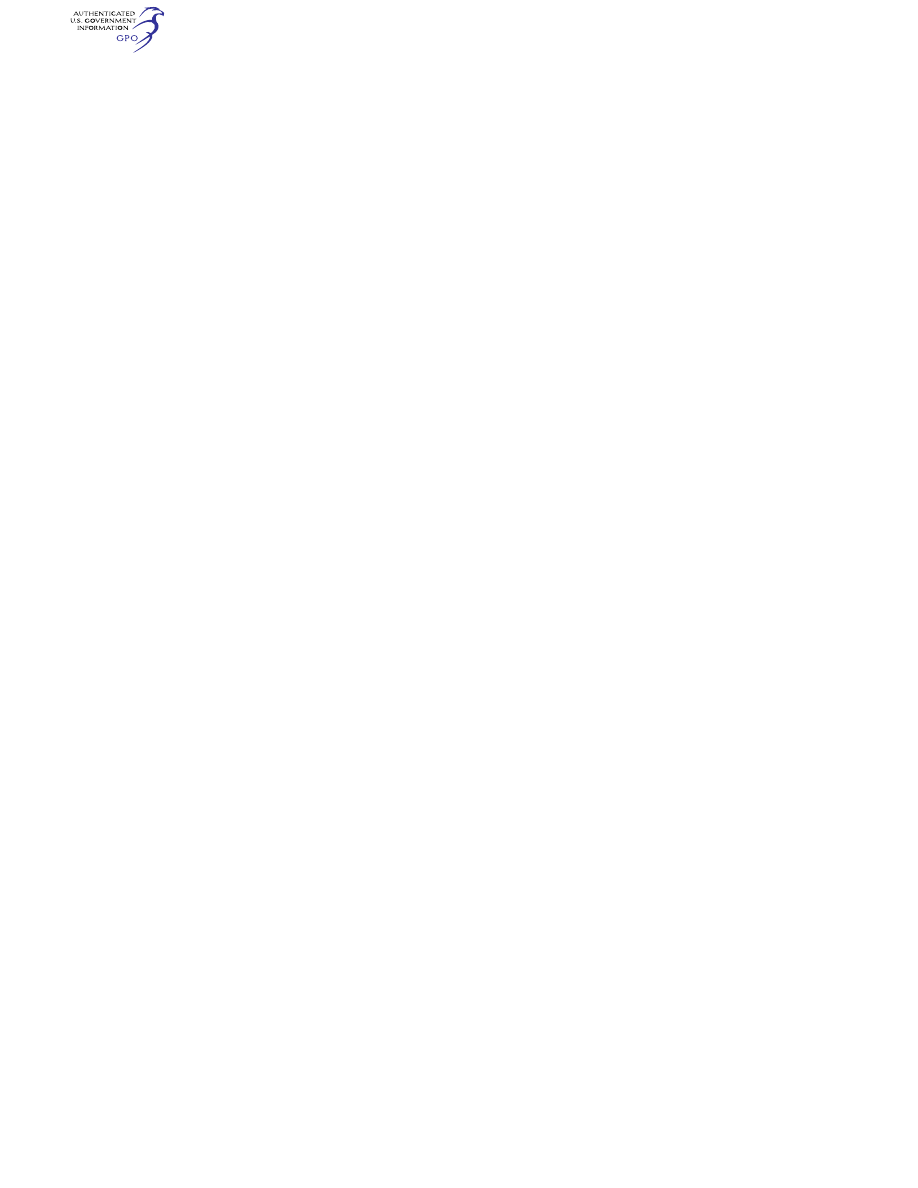
546
14 CFR Ch. I (1–1–24 Edition)
§ 61.115
(g) A private pilot who meets the re-
quirements of § 61.69 may act as a pilot
in command of an aircraft towing a
glider or unpowered ultralight vehicle.
(h) A private pilot may act as pilot in
command for the purpose of conducting
a production flight test in a light-sport
aircraft intended for certification in
the light-sport category under § 21.190
of this chapter, provided that—
(1) The aircraft is a powered para-
chute or a weight-shift-control air-
craft;
(2) The person has at least 100 hours
of pilot-in-command time in the cat-
egory and class of aircraft flown; and
(3) The person is familiar with the
processes and procedures applicable to
the conduct of production flight test-
ing, to include operations conducted
under a special flight permit and any
associated operating limitations.
(i) A private pilot may act as pilot in
command or serve as a required
flightcrew member of an aircraft with-
out holding a medical certificate issued
under part 67 of this chapter provided
the pilot holds a valid U.S. driver’s li-
cense, meets the requirements of
§ 61.23(c)(3), and complies with this sec-
tion and all of the following conditions
and limitations:
(1) The aircraft is authorized to carry
not more than 6 occupants, has a max-
imum takeoff weight of not more than
6,000 pounds, and is operated with no
more than five passengers on board;
and
(2) The flight, including each portion
of the flight, is not carried out—
(i) At an altitude that is more than
18,000 feet above mean sea level;
(ii) Outside the United States unless
authorized by the country in which the
flight is conducted; or
(iii) At an indicated airspeed exceed-
ing 250 knots; and
(3) The pilot has available in his or
her logbook—
(i) The completed medical examina-
tion checklist required under § 68.7 of
this chapter; and
(ii) The certificate of course comple-
tion required under § 61.23(c)(3).
[Doc. No. 25910, 62 FR 16298, Apr. 4, 1997, as
amended by Amdt. 61–110, 69 FR 44869, July
27, 2004; Amdt. 61–115, 72 FR 6910, Feb. 13,
2007; Amdt. 61–125, 75 FR 5220, Feb. 1, 2010;
Docket FAA–2016–9157, Amdt. 61–140, 82 FR
3165, Jan. 11, 2017; Docket No. FAA–2021–1040,
Amdt. Nos. 61–152, 87 FR 71237, Nov. 22, 2022]
§ 61.115
Balloon rating: Limitations.
(a) If a person who applies for a pri-
vate pilot certificate with a balloon
rating takes a practical test in a bal-
loon with an airborne heater:
(1) The pilot certificate will contain
a limitation restricting the exercise of
the privileges of that certificate to a
balloon with an airborne heater; and
(2) The limitation may be removed
when the person obtains the required
aeronautical experience in a gas bal-
loon and receives a logbook endorse-
ment from an authorized instructor
who attests to the person’s accomplish-
ment of the required aeronautical ex-
perience and ability to satisfactorily
operate a gas balloon.
(b) If a person who applies for a pri-
vate pilot certificate with a balloon
rating takes a practical test in a gas
balloon:
(1) The pilot certificate will contain
a limitation restricting the exercise of
the privilege of that certificate to a
gas balloon; and
(2) The limitation may be removed
when the person obtains the required
aeronautical experience in a balloon
with an airborne heater and receives a
logbook endorsement from an author-
ized instructor who attests to the per-
son’s accomplishment of the required
aeronautical experience and ability to
satisfactorily operate a balloon with an
airborne heater.
§ 61.117
Private pilot privileges and
limitations: Second in command of
aircraft requiring more than one
pilot.
Except as provided in § 61.113 of this
part, no private pilot may, for com-
pensation or hire, act as second in com-
mand of an aircraft that is type certifi-
cated for more than one pilot, nor may
that pilot act as second in command of
VerDate Sep<11>2014
14:00 Mar 14, 2024
Jkt 262047
PO 00000
Frm 00556
Fmt 8010
Sfmt 8002
Q:\14\14V2.TXT
PC31
aworley on LAPBH6H6L3 with DISTILLER